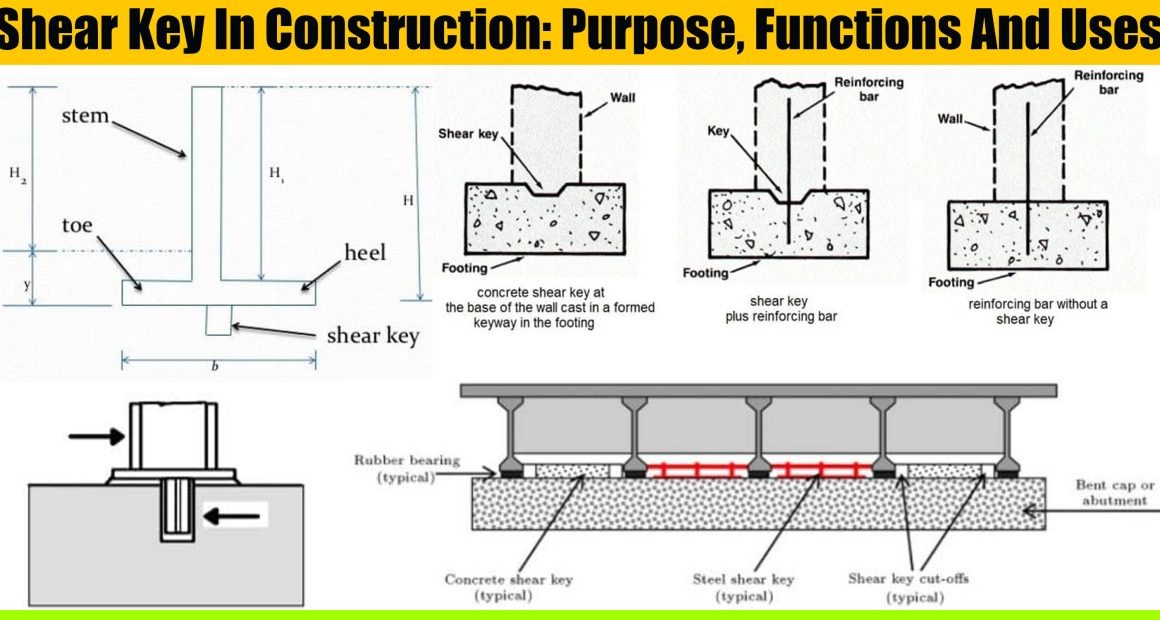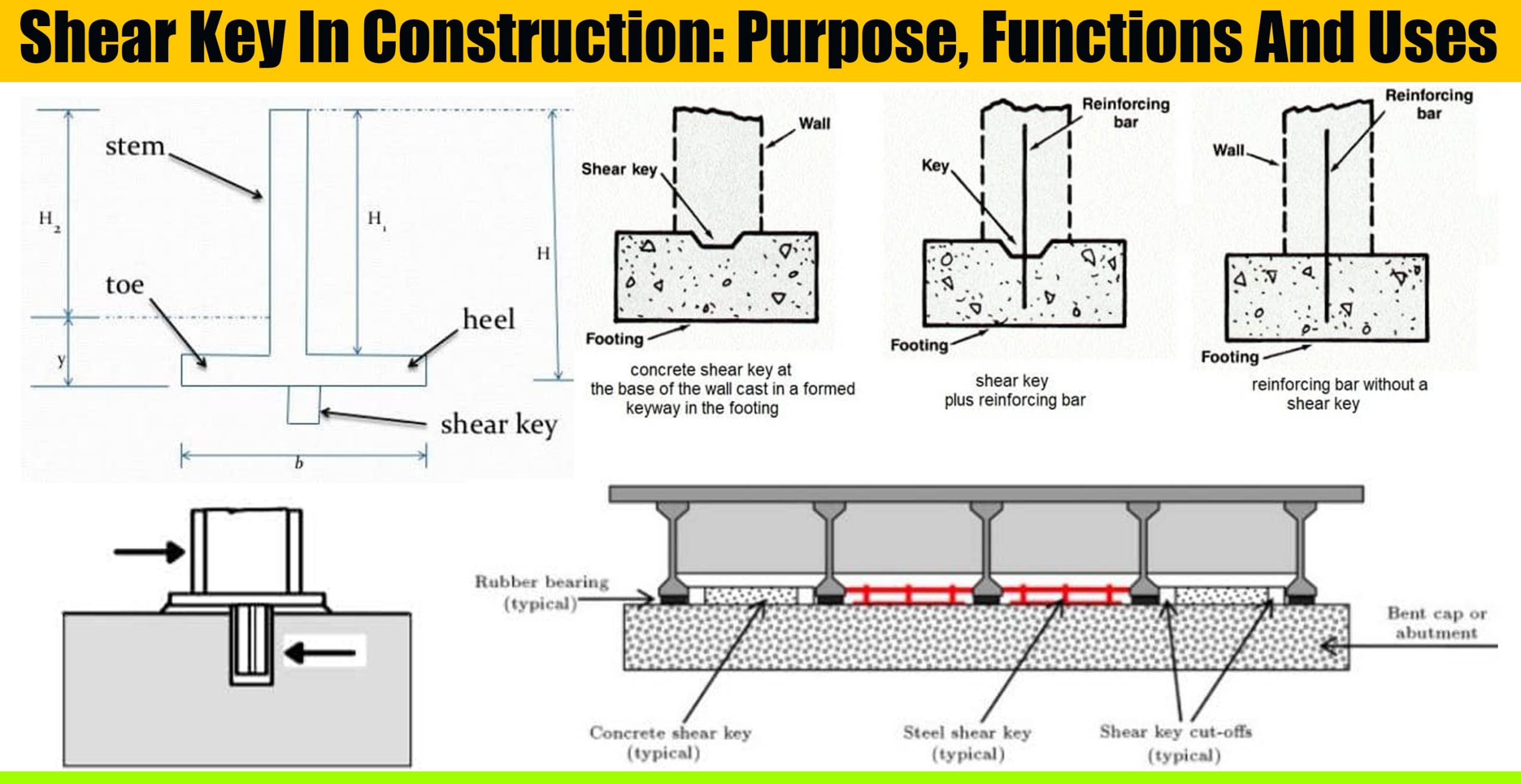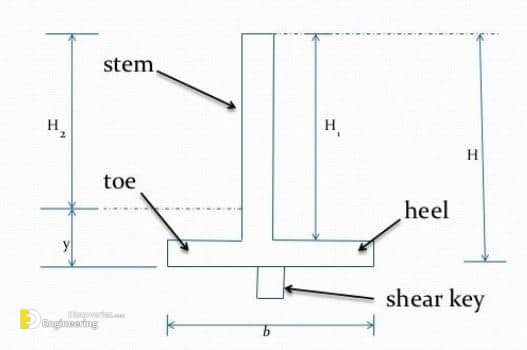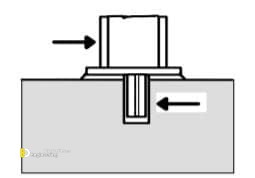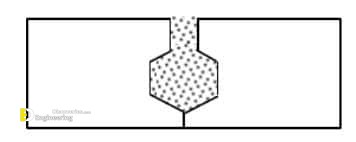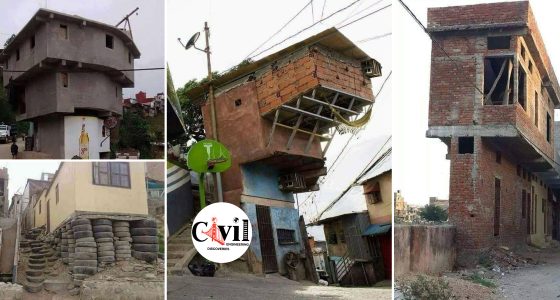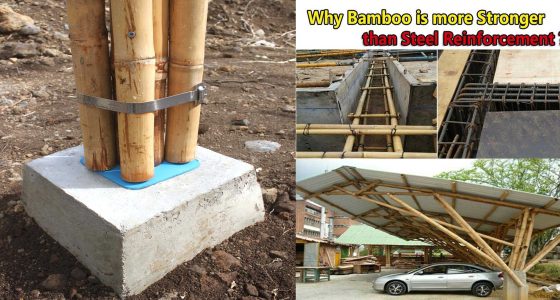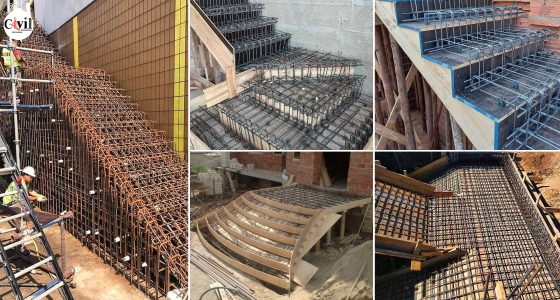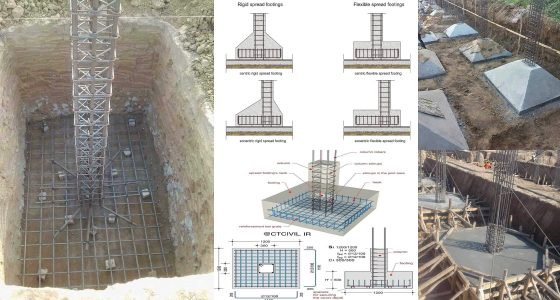Shear keys are designed and provided in various structures to provide resistance against lateral loads like earthquake loads and sliding forces in the various structure such as bridges, retaining walls, the basement of residential buildings, precast buildings and culverts, masonry wall in seismic regions, and steel columns. The shear key can be constructed from concrete as in precast constructions, residential building basement or manufactured from steel such as in the case of steel column base plate, and sometimes steel reinforcement is used to play a shear key role for instance between basement wall and footing.
Purpose of Shear Key
Shear keys provide resistance against lateral forces such as earth and water pressures, earthquakes, and wind.
Shear Key in Various Structures
1- Bridge Structure
Shear keys are placed in the abutments of the small to medium-sized bridge structure to provide lateral transverse support to the superstructure under lateral loads. The shear keys in bridge structure play a significant role in resisting seismic loads. There are two types of shear keys in bridge structure: exterior and interior shear keys. The former has the demerit of the ease of inspection and repair.

2- Retaining Walls
Shear keys are provided at the base of retaining walls to increase its sliding resistance. Practically, it is convenient to place the shear key beneath the stem of the retaining wall because it simplifies the placement of reinforcement that can be extended from the stem directly into the stem.
3- Footing-basement Wall
Shear keys are provided at the joint between footing and basement wall. The shear key is cast as part of the wall extending into the keyway or groove formed in the footing. Different forms of the shear key at the joint between the footing and basement wall in this image.
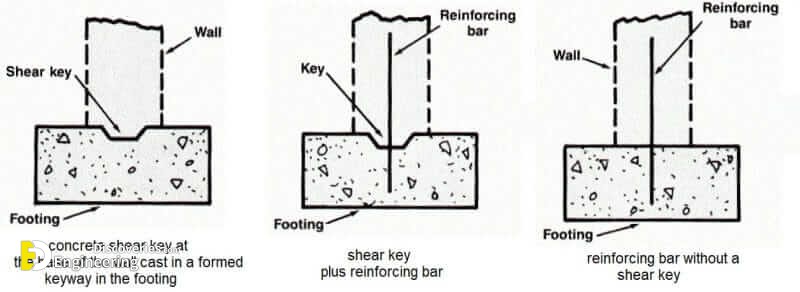
4- Steel Column Base and Footing Joint
A special shear key, for instance, a block of I-stub or T-section or steel pad welded onto the bottom of the base plate is used to resist shear force at the base of the column.
5- Connections of Precast Concrete Elements
Shear keys are used in precast constructions to connect two separate precast components and to increase the shear resistivity of the joint surfaces.
6- Masonry Wall
In seismic regions, masonry blocks are provided with shear keys during manufacturing to resist out-of-plane forces between adjacent blocks during earthquakes.
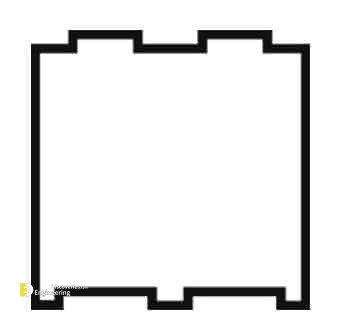
Click Here To See What Is Dowel Bar – Its Purpose, Use And Advantages
